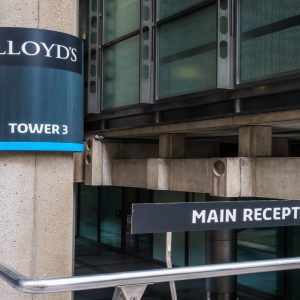
OpenAI is preparing to reduce Microsoft’s share of revenue from 20% to at least 10% by the end of the decade, according to a report from The Information. The change would revise key financial terms of Microsoft’s multibillion-dollar partnership with the AI firm.
The proposed reduction is part of a broader restructuring that reinforces the role of OpenAI’s nonprofit parent, potentially constraining the authority of CEO Sam Altman on strategic matters. Under current arrangements, Microsoft receives a share of revenue in exchange for access to OpenAI’s advanced models, which are embedded into Azure cloud services and other commercial software.
Since 2019, Microsoft has deepened its collaboration with OpenAI, including exclusive licensing of the GPT-3 model and the deployment of OpenAI’s tools in enterprise applications. The commercial value of the partnership has grown significantly, with generative AI becoming central to Microsoft’s product strategy and cloud positioning.
“We continue to work closely with Microsoft and look forward to finalising the details of this restructuring in the near future,” an OpenAI spokesperson said, as quoted by The Information. Microsoft has not yet commented publicly on the latest developments.
The revised projections indicate OpenAI could shift its revenue allocation well before the agreement’s scheduled expiration in 2030. While negotiations are ongoing, Microsoft is reportedly pursuing clarity on long-term access to OpenAI’s technologies and assurances regarding continued collaboration beyond the current contract term.
Earlier this year, Microsoft modified aspects of its agreement following OpenAI’s involvement in a planned data centre project in the US. That initiative, backed by Oracle and SoftBank, envisions large-scale AI infrastructure, potentially exceeding $500bn in investment.
Despite restructuring efforts, Microsoft continues to offer OpenAI’s models through its Azure OpenAI Service, supporting software development, workplace tools, and customer-facing platforms. These offerings have become significant drivers of demand in Microsoft’s cloud portfolio.
Governance oversight remains with nonprofit board
The restructuring process has unfolded against the backdrop of increased scrutiny of OpenAI’s governance model. The nonprofit board retains authority to oversee operations and intervene where necessary to ensure alignment with OpenAI’s mission of safe and broadly beneficial AI.
Earlier this week, OpenAI announced it would not proceed with converting into a for-profit entity. The decision follows several months of internal discussion and mounting legal challenges. Among those opposing the proposed shift was co-founder Elon Musk, who filed a lawsuit alleging it violated the organisation’s founding principles. Former staff, ethics advocates, and attorneys general from California and Delaware also raised objections regarding compliance and transparency.
In a letter to employees, Altman stated that the organisation’s mission remains centred on ensuring artificial general intelligence (AGI) benefits all of humanity, adding that the company will evolve its structure while retaining nonprofit oversight of its commercial operations.






